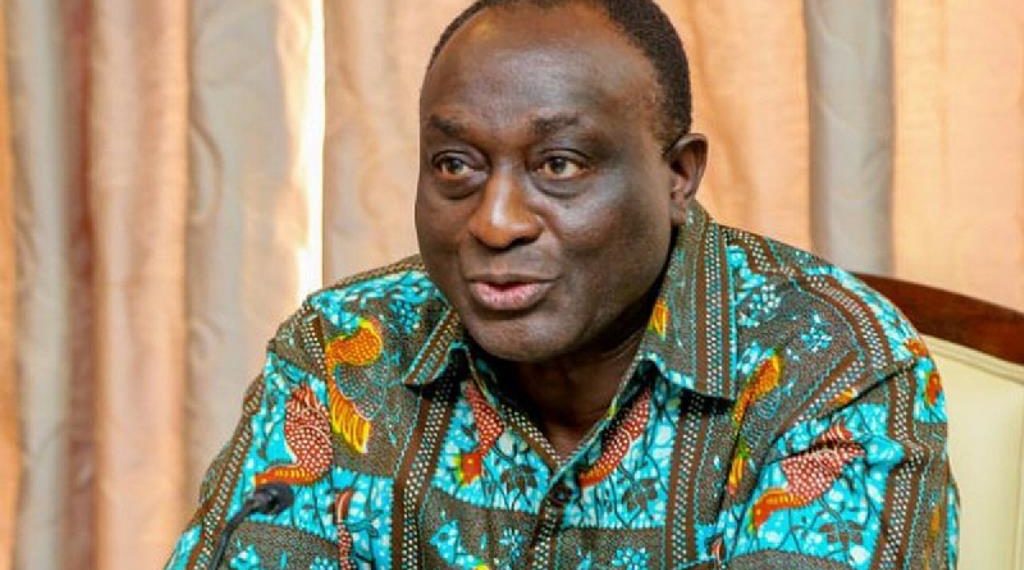The Trade and Industry Ministry has reiterated government’s resolve to create employment opportunities for the youth especially in rural areas in a bid to reduce poverty via the 1D1F initiative.
The significance of the 1D1F initiative as highlighted by Trade Minister Alan Kyeremanten, will bring industrial transformation not only to rural areas but by extension the country.
Speaking at the Nation Building Update on Industrializing Ghana on the theme: “One District at a Time”, he noted that, “the 1D1F initiative is one of the main components of government’s ten point industrialization plan”.
“We believe that this together with other initiatives will constitute the key to industrial transformation of our country that is moving Ghana from an agrarian economy to becoming an industrialized economy. Ghana, we aspire under the leadership of our president to become one day a global power, so we have to follow the path of the global leaders.
“It goes beyond that because it will create massive employment opportunities particularly for our youth in our rural and per-urban communities and thereby reduce poverty. You cannot reduce poverty without creating jobs which allows people to earn income. If you earn income, you reduce the level of your poverty. But it will also help us reduce the urban rural migration and this is the only way we are going to de-congest our cities”.
Mr. Kyeremanten maintained that the initiative has also allowed the country to “add value to our natural resource endowment”.
“Every district in this country is endowed with some natural resources and it is amazing that for over hundred years as a country we have not been able to think beyond cocoa and gold.
“And it will also help us to promote import substitution… and by increasing industrial capacity and productivity, you are going to be able to produce things that you ought not to be importing., and it is through such a comprehensive program of industrialization that you can do import substitution”.
With this, it will help to decentralize industrial development and to bring industry to the doorstep of every Ghanaian.

“We believe that by increasing industrial capacity, we would also be able to export. When you export, you earn foreign exchange and when you earn foreign exchange you can finance your development activity”.
Bridging the disparity between rural and urban areas, the trade sector minister intimated that ninety to ninety five percent of enterprises are located either in Accra or in Tema, and as such it “is not sustainable and that is why the 1D1F is important”.
The core principles underpinning the initiative as noted Mr. Kyeremanten is hinged on “how much you have done”, and “what it is capable of doing”.
Clarifying government’s disposition on the import of the 1D1F and what categorizes it as such, he stated that these companies are not state owned but private enterprises.
“I am saying this with emphasis… 1D1F companies are not state enterprises, they are private companies, private enterprises that are actively and strongly supported by government. This is a departure from the business model that somehow could not be sustained and 1D1F companies could either be existing companies or new companies.
“Your first effort must even be to companies that are struggling. I also want to clarify that two or more districts that share a common resource endowment can collaborate to have one factory, because you can use raw materials from both districts to feed a factory in one of the districts”.
In selected cases through the district assembly, he posited that government can partner a strategic investor to establish a 1D1F company, and that becomes a public-private partnership arrangement.
“Now this initiative is led and coordinated and managed by the Ministry of Trade and Industry but with sound support from other MDAs from the district assemblies”.



















